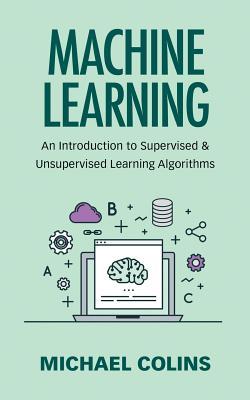The phrase "Machine Learning" refers to the automatic detection of meaningful data by computing systems. In the last few decades, it has become a common tool in almost any task that needs to understand data from large data sets. One of the biggest application of machine learning technology is the search engine. Search engines learn how to provide the best results based on historic, trending, and relative data sets. When you look at anti-spam software, it learns how to filter email messages. Going to credit cards, transactions are secured by software that knows when fraudulent activities are going on. We currently have digital cameras that detect faces, personal assistant applications that are intelligent enough to learn voice commands. These are all applications based on machine learning!
Cars are becoming equipped with accident prevention systems that are powered by machine learning algorithms. Machine learning is also widely used in scientific fields like bioinformatics and astronomy. In contrast to traditional computing, and due to the complexity of patterns that need to be detected, it is hard for a programmer to provide a fine-detailed specification on the execution of these tasks. So where do we start?
How about key machine learning algorithms? These are algorithms that are used in the real world, and they give a wide spectrum of the different learning techniques. There are also different algorithms that are better suited for big data. The world has become increasingly connected, and as a result, and in many business applications, there is a lot of data and computation needed to learn different concepts.
As you can imagine, the topic of machine learning, depending on the application, can be contained or wildly complex. This book will give you an overview of what machine learning is capable of and some basic algorithms to help you understand the fundamentals of the technology.
Finally, how will the employment landscape going to be affected by machine learning in the near future? In later chapters of this book, we will talk about the skills that a you will need to have to work in a profession related to machine learning, and how each field might be affected by the age of computerization. The future is changing very quickly and professionals will need to adapt to ever-evolving technology if they want to stand a chance in keeping up with the joneses.
